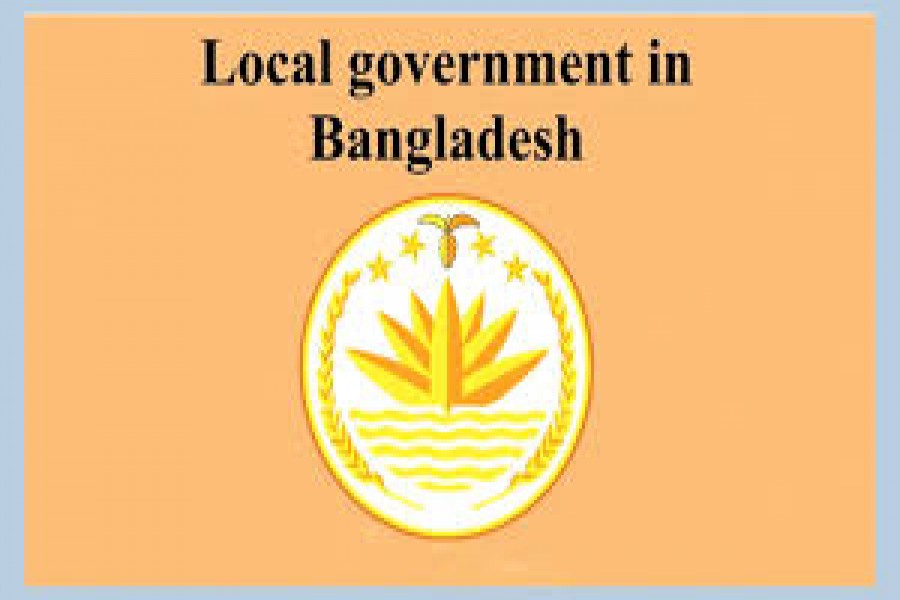
Published :
Updated :

The word ‘capitation grant’ is in the lower 50 per cent of commonly used words in the Collins dictionary.
It came to my poor vocabulary knowledge while digging out an investigative report plan for local and national level journalists, as one of my official assignments. It was a successful task, as one journalist did an exclusive story on capitation grant for a leading national daily.
‘Capitation grant’ is one of the social safety net allowances which mainly focuses on orphans.
‘Capitation grant’ is merely an example of reporting on local government which can easily be connected to hundreds of other similar issues ahead of upcoming election e.g. extended budget on social safety net.
Budget for social safety net has become important during the tenure of current government.
So, question should be posed by media, if budget increases, services quality is expected to be better. If this questioned has not been raised yet, it is the right time to dig out, how far new volume of budget has affected people’s living standard. It would be wise not to concentrate only on negative aspects of an issue rather positive also, depending on news value e.g. success of tax collection, fair distributions of resources/allowances of Local Government Institutions (LGIs)
In achieving the goal of Digital Bangladesh, government with the support of UNDP has introduced Digital Centers (DC) in Union Parishads (UPs) and incorporated few new services like one shop, electricity bill payment, high-speed internet, passport etc. Though there have been good numbers of reports on earlier services but impacts of new services can be revisited as well.
At the same time, how these centers have contributed to empower thousands of male, female entrepreneurs and its impact on their livelihood are going to be a smart assignment for reporting on ICT and development perspectives.
Many of us are aware that, local government has a mandate to make each UP sustainable in terms of growing honorarium of local government representatives. Considering the context, it would not be a bad idea to run stories on, how far government has become successful to make UP’s sustainable.
It is quite an open secret that elected representatives, mostly male chairman and male members has been very non-cooperative towards their female counterparts and often does not come up with allotted development works for female members, which sharply contradicts with Local Government Act (2009).
On the other hand, the same act orders chairman to form several committees e.g. standing committee in a bid to strengthen UP’s capacity but unfortunately in most of the cases those committees have not been formed even if formed, it perishes or becomes non-functional soon. So, what is the point of such laws unless it strengthens our local government systems? In this circumstance, journalists can take the role of advocate to unearth the implications/ relevance of such laws.
For any organization, being transparent and accountable to its internal and external people has been very important.
In a bid to make government and non-government organizations accountable, in 2009, the then government introduced Right to Information (RTI) act. So, linking RTI with development, both local and national media can make stories/ reports on LGI’s. For instance, how many LGIs in a particular district or upazila have introduced ‘citizen charter’ and its impact on service delivery.
By the end of this month, we will be experiencing a fresh election and definitely voters will have deep look at the lofty promises of candidates rather believing their rhetoric services! Like voters, media will also publish objective stories and reports on MP’s success or failures. Though news like job aspirants are asking MPs to return their money draws much attention of readers but turning your area into Upazila, starting a medical college, nationalization of few educational institutes etc through MP also can be news worthy ahead of election. Though it is very tough to claim media has direct and immediate effect on voter’s decision to vote but definitely published report, analysis will give a real picture on how far our MP’s were successful to make their voters happy.
(The author is a former student of Mass Communication and Journalism Department at University of Dhaka).


 For all latest news, follow The Financial Express Google News channel.
For all latest news, follow The Financial Express Google News channel.